A hotel PMS is a property management system designed for use within hotels and similar forms of accommodation. Such software offers several benefits, but two of the most significant are customization and automation. In this article, you can learn why these are valuable and how they can be used.
Table of Contents:
- What is a Hotel PMS?
- Why is a Hotel PMS Important?
- Importance of Customization of a Hotel PMS
- Why Hotel PMS Automation Can Benefit Your Business
- What Can You Automate in a Hotel PMS?
- Hotel PMS: Exploring the Key Features
- Tips for Choosing the Best Hotel PMS
- Software Integration for a Hotel PMS
- Hotel PMS and Other Hotel Management Software
What is a Hotel PMS?
A hotel PMS, or property management system, is the name given to a software solution used for various hotel management tasks and administrative processes, ranging from payment processing and channel management to handling bookings, managing rooms, and carrying out other front-desk and back-office operations.
Essentially, a hotel PMS aims to provide users with the ability to carry out as many core tasks associated with property management as possible without switching between software packages. For this reason, almost all modern hotels will utilize a PMS and integrate as many procedures as possible.
Why is a Hotel PMS Important?
The demands of the modern hotel industry mean hoteliers need to optimize revenue generation, manage large amounts of data, and use it to provide the kind of personalization guests expect. A hotel PMS can assist by automating predictable or repetitive tasks and consolidating processes into one application.
As a result, important information – such as guest information and information on which hotel rooms are booked and which are vacant – can be easily accessed, and this information can be kept up-to-date across the board. At the same time, key tasks like sending confirmations and invoices to customers can be handled automatically.
Importance of Customization of a Hotel PMS
While a hotel PMS has a crucial role to play for those within the hospitality accommodation sector, it is also important that property management systems are customized in relevant ways to maximize their usefulness.
Frontend Customization
Those in hotel management often overlook frontend customization, but it has several significant benefits. Creating a user-friendly interface, which has been intelligently branded, can help to give employees a greater sense of pride for where they are working and help ensure there is universal adoption of the PMS.
Focusing on intelligent design elements and making the front end as intuitive as possible can help to minimize the amount of time and money that needs to be spent on training sessions and will also mean employees can resolve more problems within their teams rather than requiring technical support.
Backend Customization
A hotel PMS’s backend or data access layer can also be customized to make the data collected as relevant as possible. For instance, a dashboard can be set up to contain the most relevant performance metrics, and this dashboard can be fully centralized so that adjustments to the data will show for anyone accessing the PMS.
This can be taken a step further by customizing the backend so that relevant reports for different hotel departments can be quickly produced at any time. Backend customization can also create a high-quality room booking system, which is kept up-to-date, and sets room rates based on demand.
Why Hotel PMS Automation Can Benefit Your Business
The best hotel property management systems provide a range of tools for automating some of the most repetitive, predictable, or unnecessarily time-consuming tasks, which can be important for several reasons. First, automation can help save employees time, meaning they can focus their efforts on more complex tasks.
Secondly, automation can allow certain actions, such as sending confirmation emails, to be performed instantly, at any time, even if no employee is on hand. Thirdly, automation can help to improve communication between hotel departments. For instance, housekeeping could be automatically notified when a guest checks out, meaning their room is vacant and ready to be cleaned for the next guest to arrive.
What Can You Automate in a Hotel PMS?
Several key components of a hotel PMS can be automated, and those within the hospitality industry often choose to do so to improve efficiency and reduce demands on staff. Some of the most common examples of areas that can be automated are outlined in the following sections:
Business Reports
Reports are one of the most common tasks automated using a hotel PMS. With most of the best solutions in this area, you can set up the PMS to regularly produce reports using your chosen metrics while drawing data from various sources, and these reports can be sent to specific email addresses or stored within the PMS.
Using hotel technology to assist with report creation can help eliminate human error because the computer performs the calculations. This kind of automation can also help improve the speed of report writing and result in more standardized formatting, making reports easier to interpret.
Review Requests
Modern hotels’ success relies on providing an excellent customer experience and gaining a strong reputation. One of the ways hotels can achieve this is by keeping customers happy and then encouraging those customers to leave positive reviews on platforms like TripAdvisor, Facebook, and Google.
Review requests are generally sent out via email, and a good hotel PMS will allow you to automate this. When customers check out at the end of their stay, this can trigger the sending of an email to the email address they provided, ensuring they receive the email as soon as possible after their stay. Alternatively, you may strategically opt for a time delay, such as by sending the email 24 hours after they checked out, or one week later.
Housekeeping Activities
Finally, hotel management systems can also allow you to automate various tasks and activities associated with housekeeping so that your hotel is always in the best possible state. The most obvious examples are automatic alerts sent to the housekeeping department when certain events occur within the hotel.
For instance, a notification can be sent when a guest checks in or out. Regularly scheduled alerts can also be set up to encourage frequent cleaning of public areas. In contrast, over the longer term, alerts can also be set up for maintenance checks for equipment, which can help reduce the need for repairs.
Video: Housekeeping Activity Automation Example
Hotel PMS: Exploring the Key Features
A hotel PMS is one of the most important examples of hotel software for most properties around the world, but there are a variety of options available. This means that decision-makers within the industry need to explore the available options, compare the features they offer, and then select the right solution for their needs.
To find out more about hotel property management, PMS software solutions, and the most important features to look out for, read through the “PMS System: What Are the Most Important Features?” article.
Tips for Choosing the Best Hotel PMS
When selecting the right hotel PMS, several different aspects need to be weighed up, including the specific needs of your hotel and its staff, the budget that you have available for acquiring the software and training staff, feedback from existing users, and the level of support that is on offer.
You can explore more about these factors and view other tips for selecting your property management solution by reading the “5 Essential Tips to Choose the Right Property Management System” post.
Software Integration for a Hotel PMS
Although hotel PMS software is designed to allow as many different tasks to be controlled from a single place as possible, most hotels will still need to use various other software tools too. This means that your chosen hotel PMS should be able to integrate with these other solutions for a seamless experience.
This may include integration with check-in apps, channel managers, marketing software, revenue management software, and more. To learn more, read “PMS Software: Which Software Integration Should a PMS Have?”.
Hotel PMS and Other Hotel Management Software
Hotel PMS solutions are just one example of hotel management software. Still, other tools can assist hotels and their staff, with examples including distribution channel management tools and revenue management systems. Combined, these solutions can help hotels to improve efficiency and outcomes in several key areas.
If you would like to explore the topic of hotel management software further and read about the benefits of adopting different software packages, check out “Hotel Management Software: What Are the Benefits for Hotels?”.
A hotel PMS can be customized to make it as user-friendly as possible, with relevant data made easily accessible. At the same time, the software can also be used to automate some of the more repetitive or predictable jobs that would otherwise be carried out by hotel staff, resulting in greater efficiency and accuracy.
More Tips to Grow Your Business
Revfine.com is the leading knowledge platform for the hospitality and travel industry. Professionals use our insights, strategies, and actionable tips to get inspired, optimize revenue, innovate processes, and improve customer experience.Explore expert advice on management, marketing, revenue management, operations, software, and technology in our dedicated Hotel, Hospitality, and Travel & Tourism categories.
This article is written by:
Hi, I am Martijn Barten, founder of Revfine.com. With 20 years of experience in the hospitality industry, I specialize in optimizing revenue by combining revenue management with marketing strategies. I have successfully developed, implemented, and managed revenue management and marketing strategies for individual properties and multi-property portfolios.

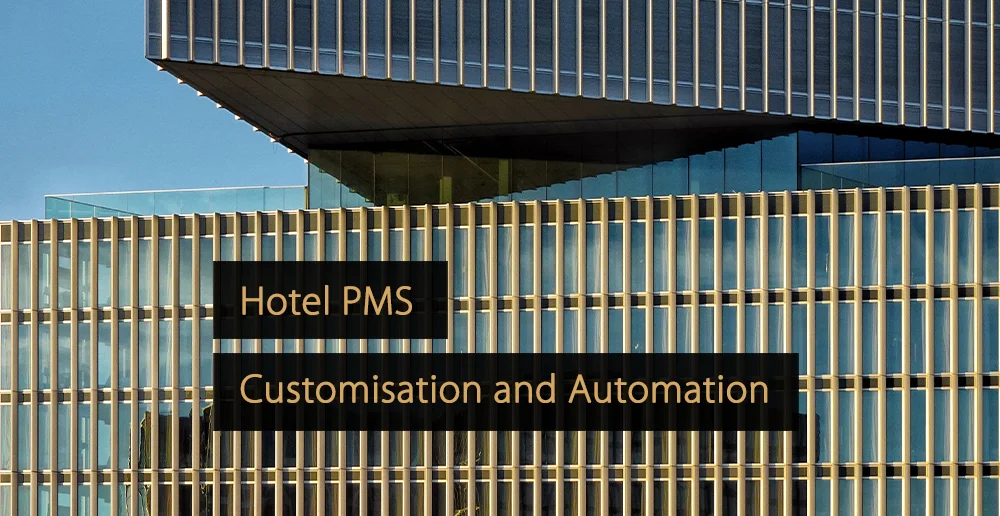

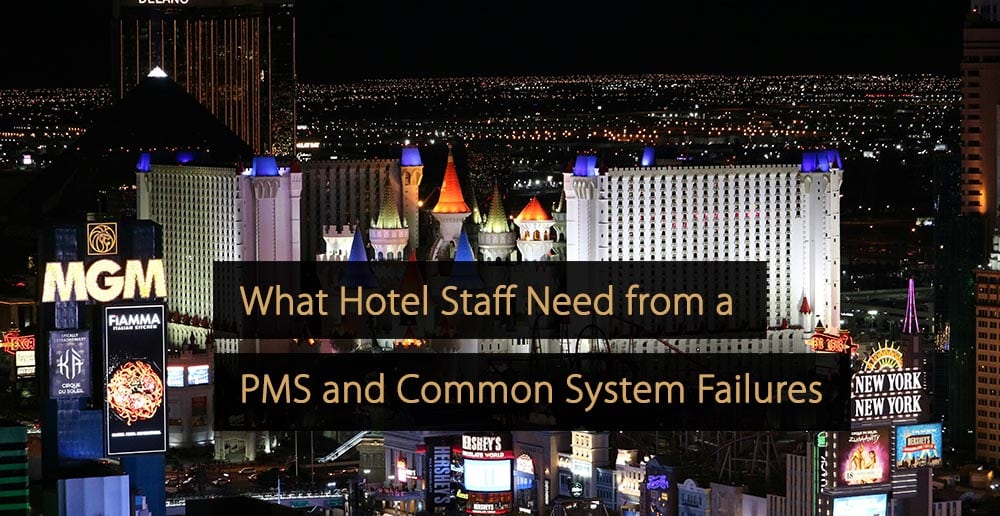
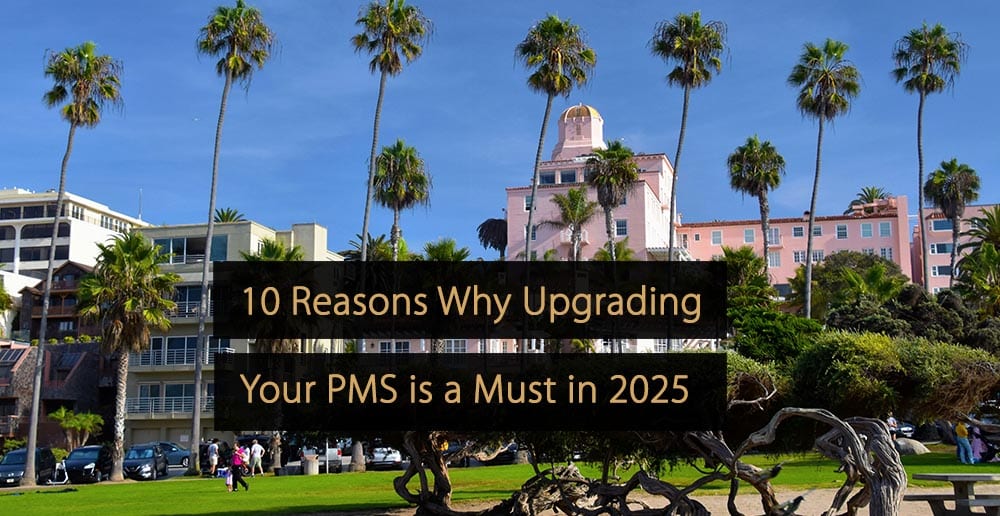
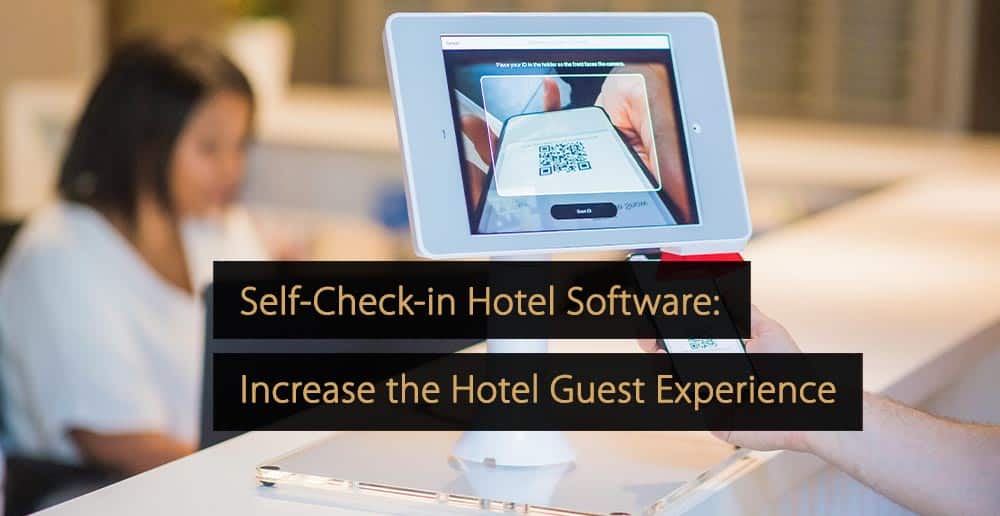
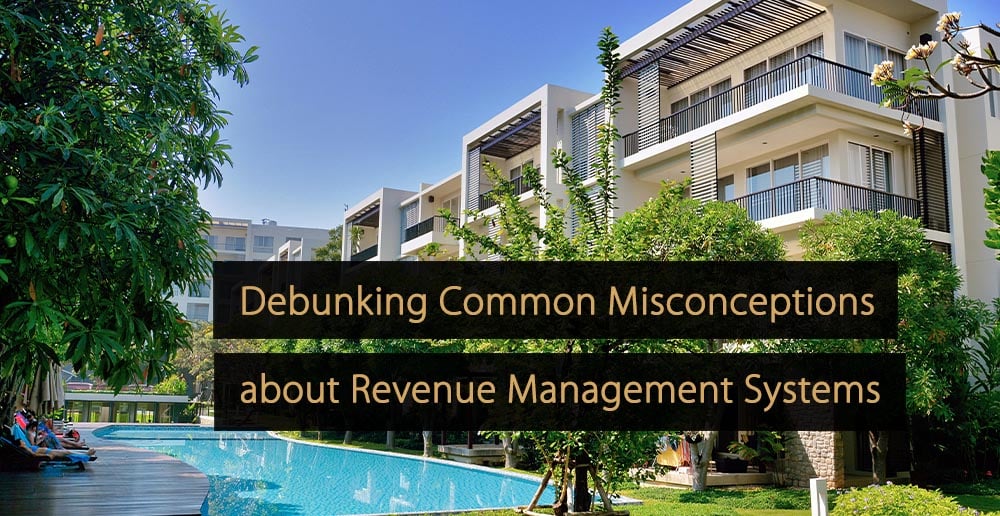
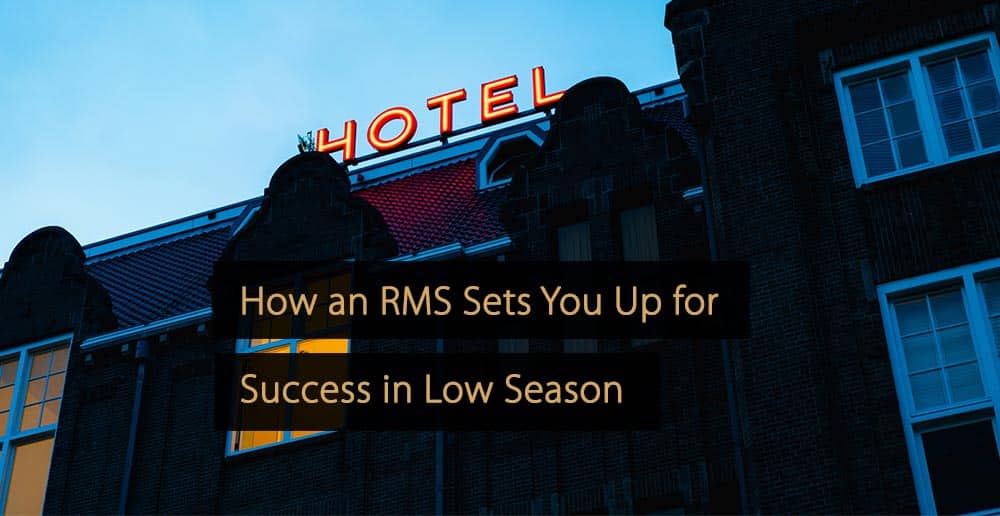
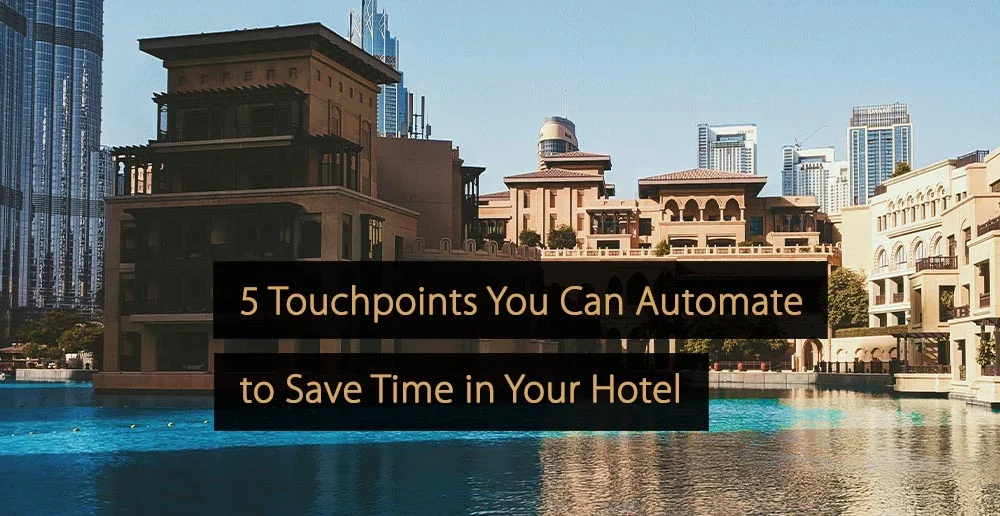
Leave A Comment